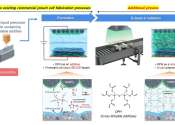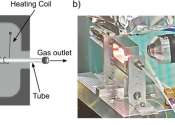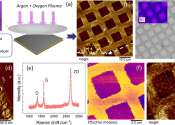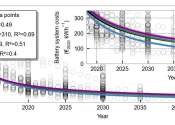New research shows that solar-powered 'resilience hubs' in California could generate up to 8GW of power
Power outages are on the rise nationwide as climate change brings more frequent wildfires, heat waves, and severe weather events. The Federal Emergency Management Agency (FEMA) and the state of California have both recently ...
Jun 27, 2024
0
8









